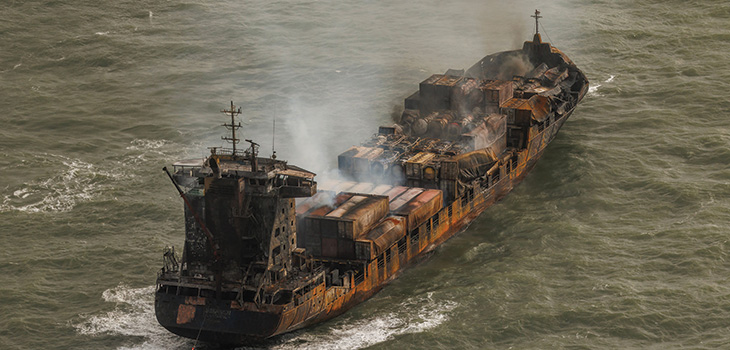
Ships at sea, in the vast oceans of the world, always face dangers, even in this age of communications only dreamed of by previous mariners: dangers of collision, especially in bad visibility, fire, explosion, enemy action, hurricanes, icebergs, whirlpools, hidden reefs and sandbanks, volcanic activity, ships abandoned and still afloat. The list seems endless.
Then, of course, there are the consequences of loss, and the possibility that the vessel which is lost was carrying a dangerous cargo, sometimes not declared as to its true nature, especially in wartime or a time of political tension.
Added to this are the legal consequences: insurance, litigation, arbitration, mediation, commissions of inquiry—interim and final—which will include the causes of the loss, natural, human and accidental. And if all rockets point in one direction with regard to fault, is there sufficient proof? Is the loss res ipsa loquitur, or is it circumstantial?
New hazards & responsibilities
Can the law, and the design of ships,









